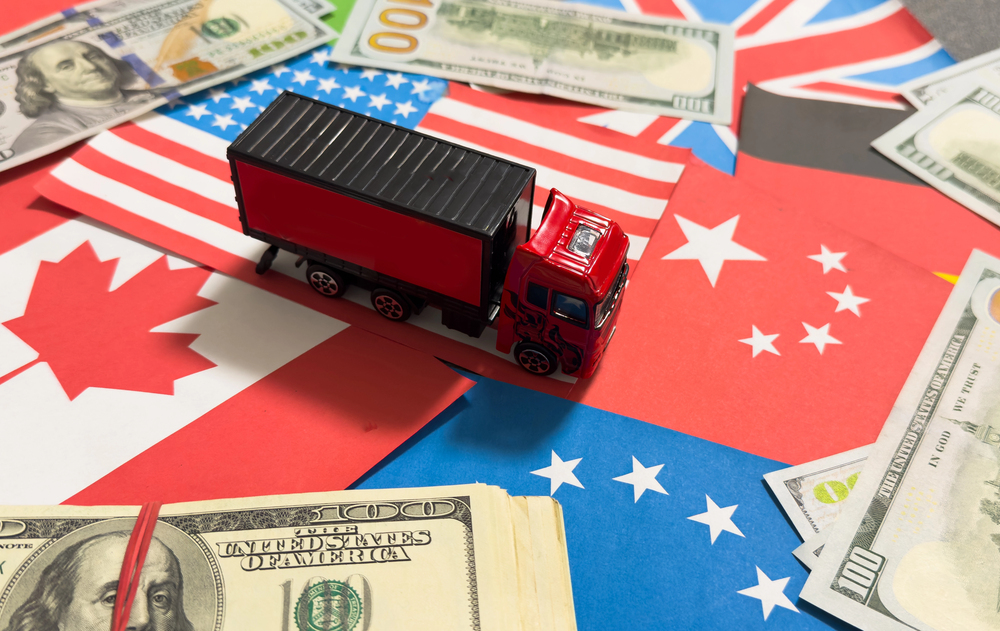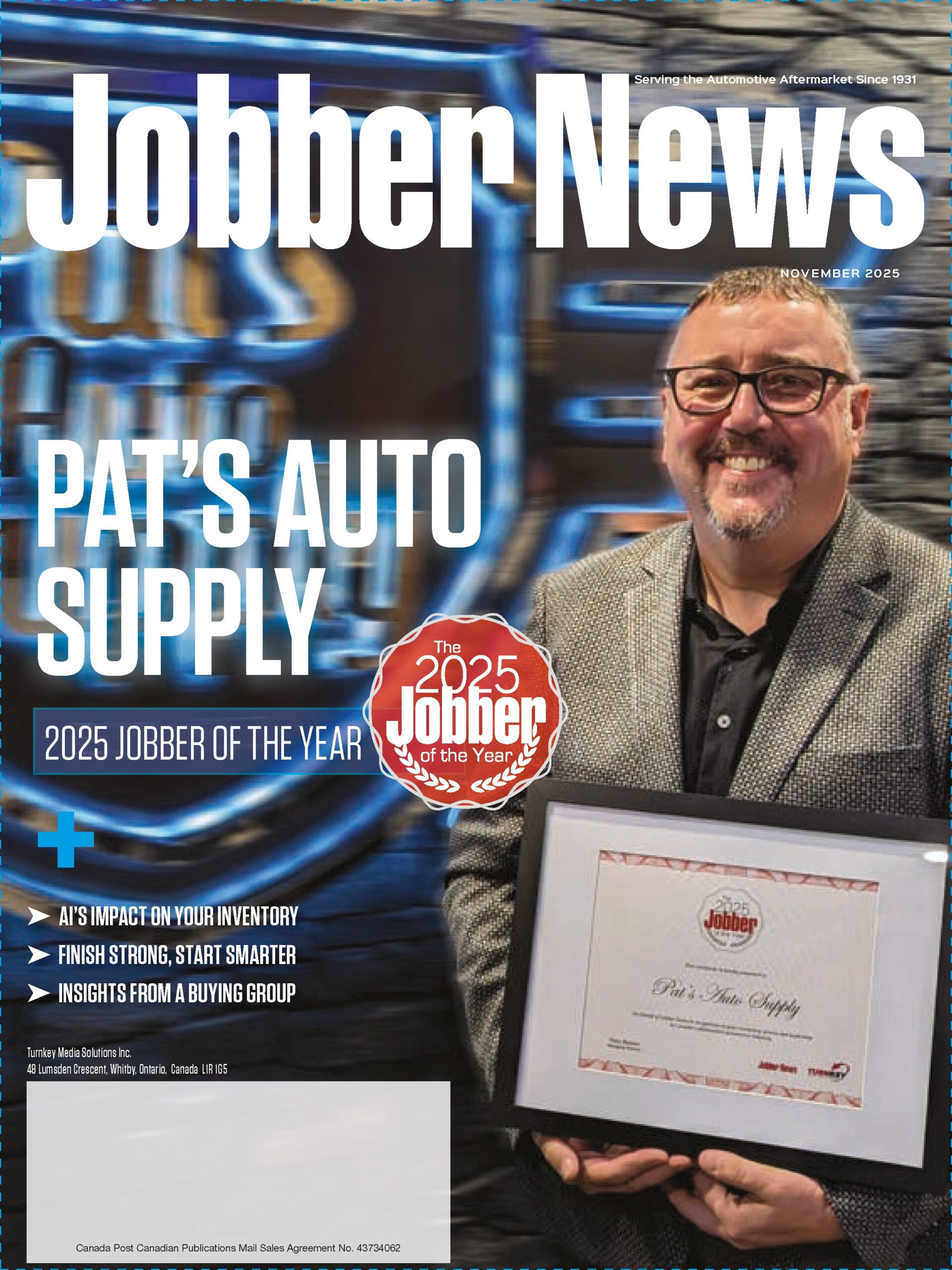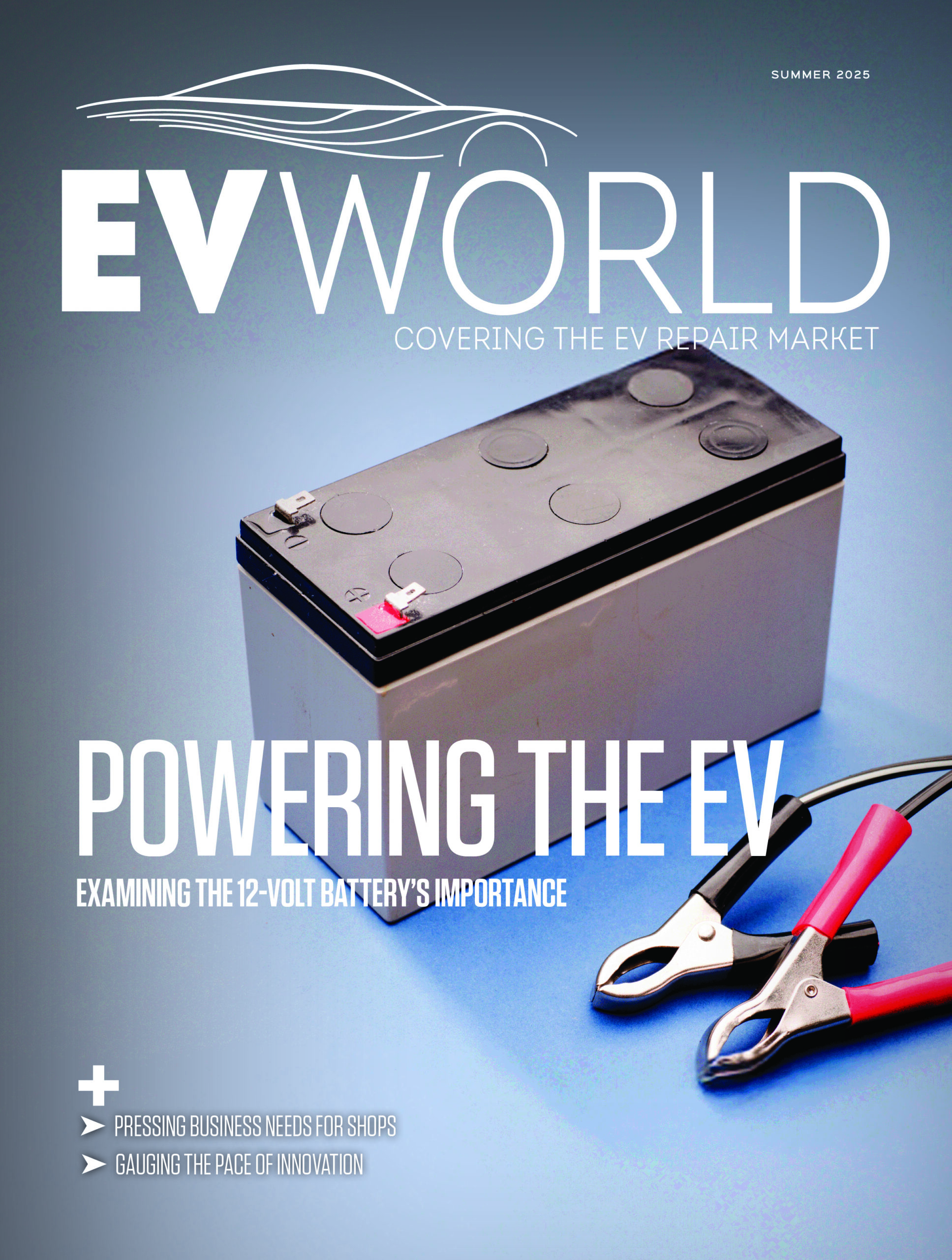
The uncertainty around tariffs still weighs heavily on the automotive industry as a whole, including the aftermarket.
The industry stands on the brink of a potential economic upheaval as new tariff policies threaten to reshape decades of integrated manufacturing relationships. Plus, the constant back and forth of whether tariffs are on, increased, decreased or off is only making matters worse.
“The system cannot handle this in a rapid-fire way,” explained Kristin Dziczek, a policy advisor with the Federal Reserve Bank of Chicago, noting the immense pressure these tariffs could place on suppliers, especially smaller companies.
The proposed tariffs could dramatically increase production costs, with some estimates suggesting price increases of 65 per cent to 85 per cent.
“Nobody has margins like that,” Dziczek emphasized during the recent MEMA Aftermarket Suppliers Vision Conference in Chicago, noting that suppliers may struggle to absorb these additional expenses.
While these observations were made in the spring, the uncertainty still hasn’t been eased and the potential impact extends beyond immediate cost increases.
The integrated North American supply chain, carefully built over 50-60 years, could face significant disruption, noted Todd Campau associate director of aftermarket solutions at S&P Global Mobility, “and that could be destroyed.”
Particularly challenging is the lack of duty drawback in current tariff proposals. Dziczek explained that tariffs could be applied multiple times as parts cross borders, potentially escalating effective tariff rates to 40-60%, far beyond initial expectations.
The geopolitical landscape adds further complexity. Dziczek noted that Mexico and Canada have alternative trade relationships through agreements like the Comprehensive and Progressive Agreement for Trans-Pacific Partnership (CPTPP), providing potential alternatives to U.S. trade.
Experts suggest a potential tipping point around 10 per cent price increases, which could significantly impact consumer behaviour. The automotive industry might respond by shifting production, potentially reducing margins on less profitable vehicles.
“Don’t make decisions just because of the looming tariffs … continue to run your business, continue to look at the fundamentals,” Campau advised.
Image credit: Depositphotos.com













Leave a Reply